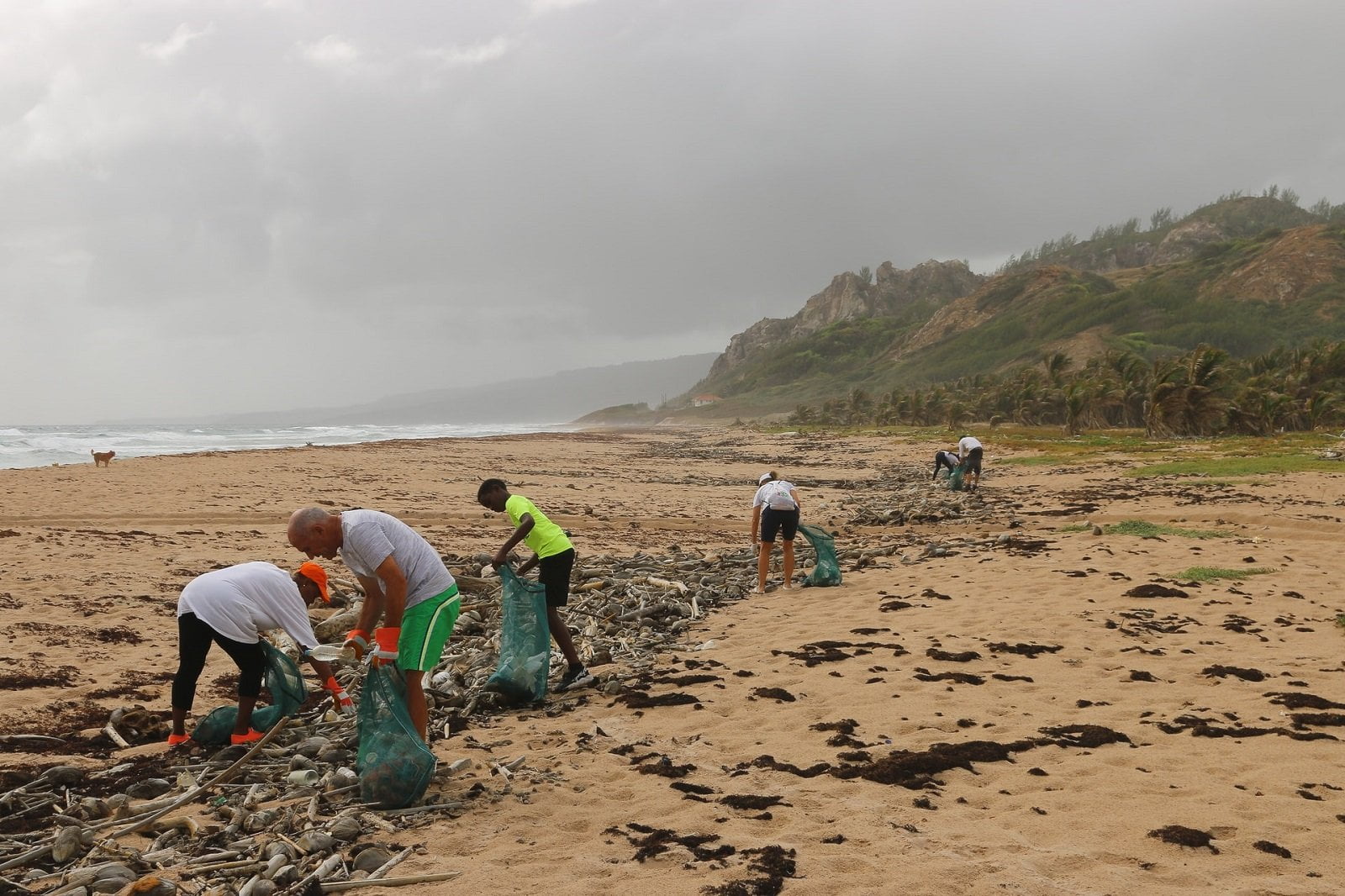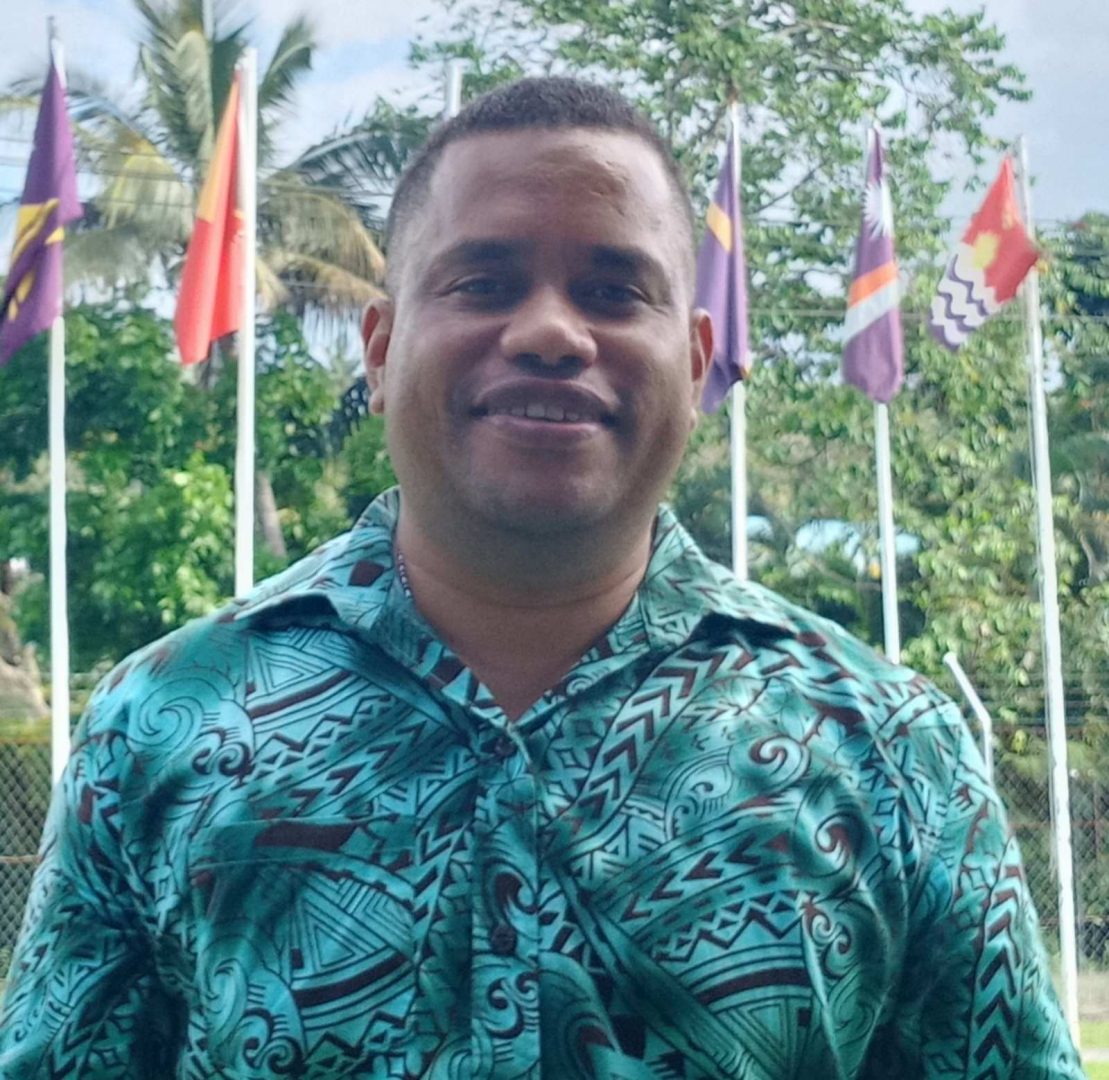One of the most captivating speeches delivered to the international community in 2021 originated from the small island state located on the eastern Caribbean Island, the independent British Commonwealth nation called ‘Barbados.’ The Barbadian Prime Minister, Mia Amor Mottley, in her address to the 76th session of the United Nations General Debate in September stated,
“If I use a speech prepared for me to deliver today, it would be a repetition, a repetition of what you have heard from others, and also from me. Equally, how many more times will we then have a situation where we say the same thing over and over and over, to come to nought? My friends, we cannot do that any more.”
The Prime Minister’s speech is really speaking to all of us, not just the big emitters of the world, but also ordinary citizens of this planet, and especially residents of Small Island Developing States around the world. The impacts of climate change are widely disseminated through our digital space, print media, and often in our conversations with friends and families over the dinner tables. Apart from this, those worst affected by the climate crisis are experiencing first-hand the impacts in the villages and communities they live in.
In this article, I will argue that ‘actions speak louder than words’ will only be made powerful if we practice what we preach. It is easy to say this ‘phrase’ in speeches, but it will have no merit at all if we are not doing anything about it. This article suggests simple activities we can carry out in the homes and communities we live in.
Although transformative change starts first within an individual, change is also effective if we work as a team. And this statement resonates around what type of world do we want to live in? Thereafter, everything follows on from the ‘home’ or ‘family’ and then to the community setting and so on. If we want to bring about positive and effective change for our fragile environment, then we need to start at home, and this will spread out to the communities and national level over time.
Likewise, if a country makes an environmental or climate change commitment at the regional and international level, but there is a disconnect at the national level, then such ambitious plans do not have any substance at all. We need to ensure that we not only talk proudly of national policies being developed, but more so about implementing the key activities of the policies. This can be achieved through a multi-stakeholder approach by bringing together the expertise of the private sector, normative leadership of the public sector, and successful delivery mechanisms of civil society organizations. We need to listen more, especially to the private sector and civil society organizations, to their innovative ideas and aspirations.
Simple initiatives carried out around our homes and the communities we live in can make a great difference for a better future. We are often sceptical to recognise the worthiness of every small contribution towards climate action because of the scope in which it is presented. However, we need to engage in inclusive social-responsibility events (such as organised group beach clean-ups) that are much more impactful as opposed to working alone.
Therefore, activities that residents of the Pacific and SIDS can implement at homes or in the communities we live in are; having a backyard garden or even growing pot plants, taking a walk instead of taking a car ride for short routes, reducing single-use plastic bags, saving electricity by switching off lights when not in use, opening windows to ventilate and cool our homes, making use of sunlight to dry our laundry naturally, and continuing to educate our children as well as adults on the importance of these steps which collectively can make a significant change for our environment.
By practising these simple ways, we are preparing and nurturing a conducive environment that will allow mother nature to heal over time. Let us be human again, and be respectful and considerate of our environment, flora, fauna, and those around us. These simple but impactful strategies are meaningful if they are woven well into key activities of national policies that are linked to the 2030 agenda. The realization of these activities is possible by involving the government, private sector and civil society organizations in the planning, implementation, and monitoring processes.
If everyone around the globe does the same, imagine the healing impact it will have on our fragile world. As the late, Mahatma Gandhi once said, “be the change you wish to see in the world”.




